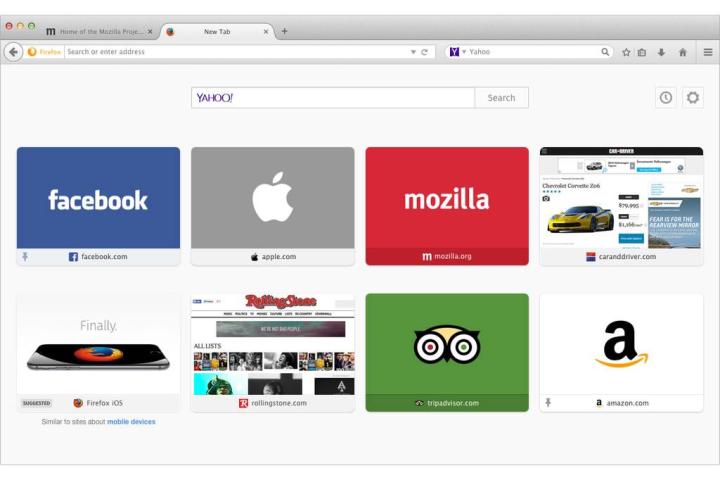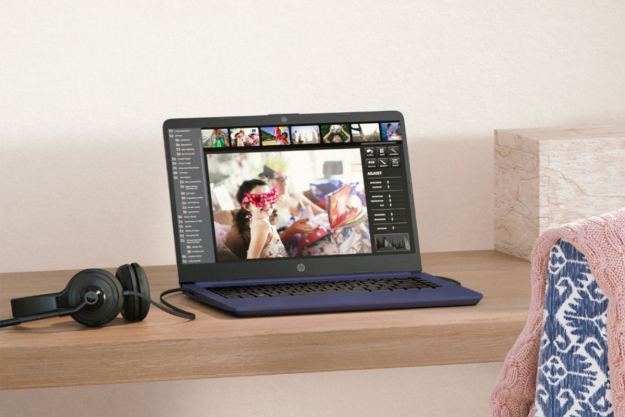
However, there are user protections built into the new feature as detailed on Mozilla’s Advancing Content blog. Users will be able to flip off the Suggested Tiles function by toggling a check box within the browser’s settings. Users can also completly avoid site suggestions by opting for a blank page when opening up a new tab within Firefox.

As a hypothetical example, a user may see an advertisement for The Food Network within the Suggested Tiles section of a new tab page if the user has visited recipe sites, foodie blogs or other culinary related sites. Mozilla will be including a “Suggested” tag on the tile in order to differentiate it from the rest.
Regarding the launch of Suggested Tiles within Firefox, Mozilla is expected to launch the new feature within the Beta version of the browser relatively soon. The full launch of the feature to the most current version of Firefox will likely occur later in the summer.
Editors' Recommendations
- Firefox just got a great new way to protect your privacy
- Websites are constantly tracking you — but Firefox has a fix
- Your digital fingerprint is tracked everywhere online. Brave wants to change that
- Firefox’s ad-free premium browser will cost $4.99 a month


